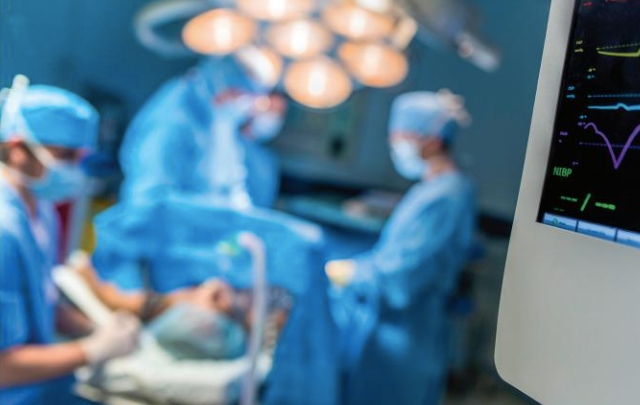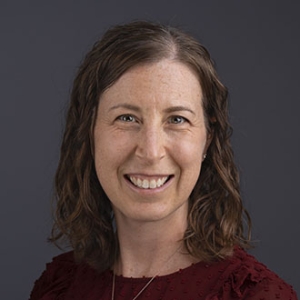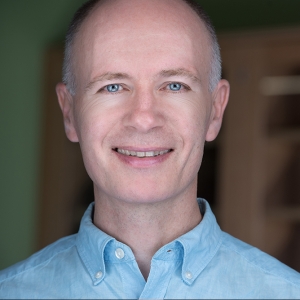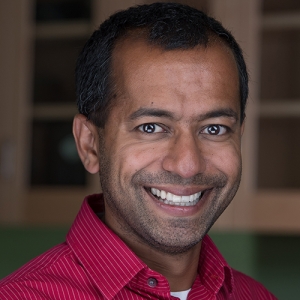Biomedical engineering is more than simply building a device and getting it to work.
It’s about interacting directly with patients and providers to improve outcomes.
This was a common lesson among Union students in the two-month Summer Clinical Immersion Program (SCIP) based at Albany Medical College.
"The main take away for me was that healthcare can always be improved,” said Paidamoyo Ewing '20, a biomedical engineering major. “The patient’s experience with the device is equally, if not more, important. Biomedical engineers play a major role in finding solutions without causing too much stress to the patient."
Julia Beekman '20, also a biomedical engineering major, found value in the program’s direct access to those giving care. “There are so many medical needs that go unnoticed because no one thought to watch how doctors and nurses interact with medical technology,” she said. “Sometimes it isn't about revolutionary research. It’s about wanting a device to turn 80 degrees but it only turns 60.”
Now in its third year, the program begins with eight weeks of shadowing physicians at AMC on a problem-finding mission. Back at Union, students work in teams through an expanded senior capstone design course to develop prototypes and explore commercialization.
“One of the most important steps in engineering design is to identify and define the problem; however, this step is often missing from capstone design courses,” said Jennifer Currey, associate professor of biomedical engineering.
“The SCIP enables our students to engage in needs finding in the clinical setting and to work with medical professionals throughout the design process to develop innovative solutions. Our students are able to see that being an engineer is more than designing solutions to problems. It is about being empathetic. It is about listening to all the stakeholders to develop meaningful solutions.”
Leading the program with Currey are Shane Cotter, associate professor of electrical engineering and chair of the electrical, computer, and biomedical engineering department; and Sudhir Khetan, assistant professor of biomedical engineering.
It is supported by a grant from the National Institutes Health called the NIH Team-Based Design in Biomedical Engineering Education Program SCIP, HOP JUMP (Summer Clinical Immersion Program, Hands on Prototyping, and Jump-starting Design Projects towards Translation.)
The summer experience is done in partnership with Amy Johnson '80, entrepreneur-in-residence at AMC’s Biomedical Accelerator and Commercialization Center (BACC).
For Beekman, who minors in anthropology, the program explored “the more human aspects of engineering, which is one of the things that I love about the field. Union always stresses the interdisciplinary nature of the education offered here, and I think the SCIP program is the perfect example of that.”




